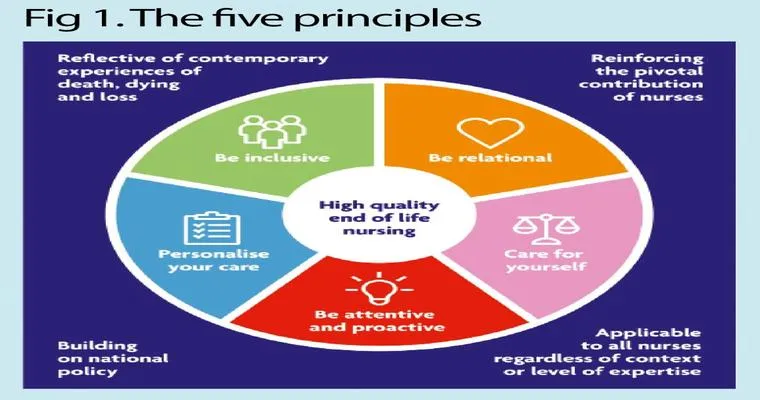End of life care is a crucial aspect of healthcare that focuses on providing support and comfort to individuals nearing the end of their lives. This type of care encompasses various elements, including "pain management", "emotional support", and "spiritual guidance". It is essential for families and caregivers to understand how to navigate this sensitive time, ensuring that their loved ones receive the best possible quality of life during their final days.
When approaching end of life care, the first piece of advice is to prioritize "communication". Open discussions about preferences, fears, and needs can help ensure that everyone involved is on the same page. Patients should feel empowered to express their wishes regarding their care, whether they prefer to remain at home, in a hospital, or in a hospice setting. Family members should also share their concerns and perspectives to foster an environment of understanding and support.
Another critical aspect of end of life care is "pain management". Uncontrolled pain can severely impact a person's quality of life. It is vital to work closely with healthcare providers to establish an effective pain management plan that may include medications, alternative therapies, or psychological support. Regular assessments and adjustments to the pain management strategy can significantly enhance comfort levels.
Emotional and psychological support is equally important during this time. Patients and their families often experience a range of emotions, including fear, sadness, and anxiety. Engaging with a "counselor" or joining support groups can provide a safe space to express feelings and learn coping strategies. It's essential to be patient and understanding, as both the patient and their loved ones may need time to process their emotions.
Spiritual care can also play a significant role in providing comfort. Many individuals find solace in their faith or spiritual beliefs as they approach the end of life. Encouraging discussions about spirituality, offering prayer, or connecting with spiritual leaders can help fulfill these needs. Providing a peaceful environment that respects the patient's beliefs can bring a sense of tranquility during this challenging period.
In addition to addressing physical and emotional needs, practical considerations should not be overlooked. This includes discussing "advanced directives", which outline the patient's preferences for medical treatment when they can no longer communicate their wishes. Having these discussions early on can relieve stress and ensure that the patient's desires are respected.
Finally, self-care for caregivers is paramount. Caring for someone at the end of life can be emotionally and physically taxing. Caregivers should seek support, take breaks, and prioritize their well-being to avoid burnout. Utilizing respite care services can also provide much-needed relief, allowing caregivers to recharge and continue providing the best care possible.
In conclusion, end of life care is a multifaceted process that requires compassion, communication, and planning. By focusing on "pain management", emotional support, spiritual guidance, and practical arrangements, families can create a supportive environment that honors their loved one's wishes. Remember, every situation is unique, and seeking professional advice tailored to individual needs can make all the difference in ensuring a dignified and peaceful end of life experience.





